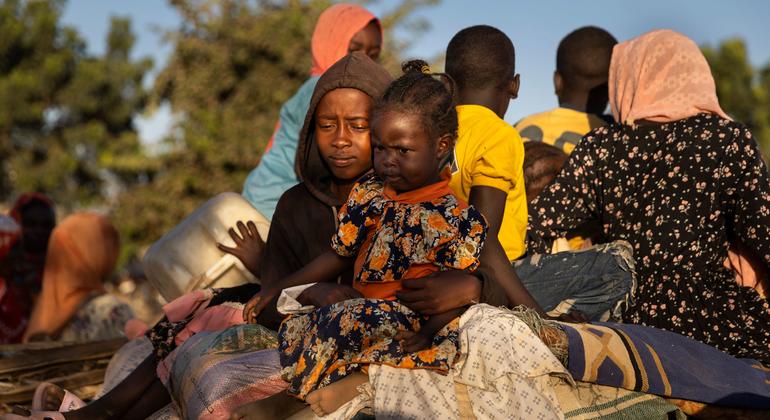Here’s the translation to American English:
—
The UN Refugee Agency, UNHCR, has issued a serious warning about funding cuts that are threatening essential support to the most vulnerable refugees worldwide. This situation is putting millions of people at greater risk of violence and danger, especially those who have sought refuge in neighboring countries and the communities hosting them, which are already stretched to their limits.
The financial crisis facing UNHCR has been exacerbated by a decrease in funding from the United States, leading to the closure of crucial programs that benefited these populations. More than 17.4 million refugee children are vulnerable to violence, abuse, and exploitation; without adequate protection, their well-being and long-term development are compromised.
In Jordan, for example, 200,000 women and children have been deprived of the specialized support they previously received due to the closure of 63 humanitarian programs. In several African countries, the suspension of initiatives aimed at preventing violence against women has left many survivors without the necessary psychosocial and legal support.
South Sudan faces a critical crisis, where 75% of UNHCR spaces designated for women and girls have ceased operations, affecting approximately 80,000 victims of sexual violence. In Colombia, more than 500,000 Venezuelans are at risk of losing their documentation, complicating their integration and access to essential services.
Support for birth registration in the Democratic Republic of the Congo has drastically decreased, putting more than 85% of 14,000 refugee children at risk of becoming stateless. In Mali, the suspension of biometric registration has denied fundamental rights to 19,800 asylum seekers.
Although more than half a million refugees in Syria have returned to their country, their sustainable reintegration depends on improved funding. On the other hand, refugees like 12,000 Central Africans in Chad and Cameroon, who wish to return home, lack the necessary support to do so.
The withdrawal of the United States from the refugee resettlement program has left a critical void. Elizabeth Tan, UNHCR’s Director of International Protection, described this situation as a devastating blow for refugees around the world, noting that resettlement is not just a solution for a limited number of people but also saves lives by offering hope that many are currently not experiencing.
via: MiMub in Spanish










